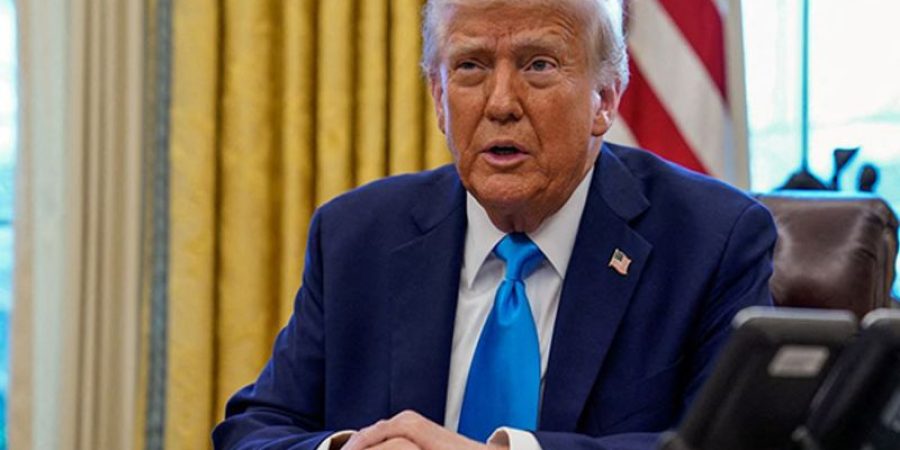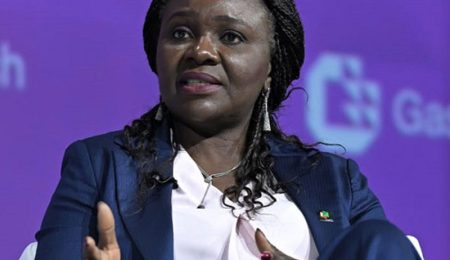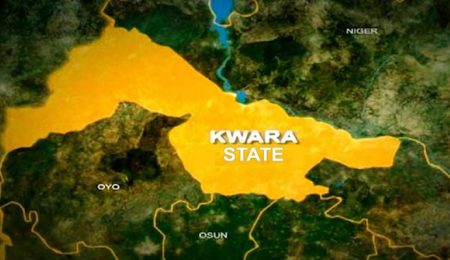Donald Trump has warned of tougher sanctions against Russia following the heaviest aerial bombardment of Ukraine since the war began, which killed four people and struck Kyiv’s main government building for the first time.
Ukraine said Sunday’s assault involved at least 810 drones and 13 missiles. Among the victims were a mother and her baby. The scale of the attack has triggered renewed calls for stronger Western action against President Vladimir Putin.
Speaking to reporters after the bombardment, the US president said he was “not happy with the whole situation.” Asked if he was prepared to move to the “second phase” of punishing Moscow, Trump replied: “Yeah, I am,” but he gave no details of what further measures might entail.
Trump has previously threatened harsher measures against Russia but has not taken action when Putin ignored earlier deadlines and sanctions warnings. On Sunday, however, he indicated that new steps could be imminent and added that European leaders would be arriving in Washington this week to discuss next moves.
“Certain European leaders are coming over to our country on Monday or Tuesday individually,” Trump said, without specifying who. He also signalled he planned to speak with Putin “in the next couple of days.”
The Kremlin dismissed the threats. Its spokesman Dmitry Peskov said on Monday that no sanctions would ever be able to force Russia to “change the consistent position that our president has repeatedly spoken about.”
US Treasury Secretary Scott Bessent meanwhile said Washington was prepared to escalate economic pressure but needed stronger European backing. In an interview, he argued: “If EU nations increased sanctions and secondary tariffs on countries which buy Russian oil, the Russian economy will be in total collapse, and that will bring President Putin to the table.”
He added: “We are in a race now between how long can the Ukrainian military hold up, versus how long can the Russian economy hold up.”
So far, Washington’s most aggressive measure has been a 50% tariff on imports from India, imposed last month in response to Delhi’s continued purchases of Russian oil. Trump has suggested extending such secondary sanctions to other countries but has not yet followed through.
Ukrainian president Volodymyr Zelensky used an interview with ABC News to call for a total ban on Russian energy. “We have to stop [buying] any kind of energy from Russia, and by the way, anything, any deals with Russia. We can’t have any deals if we want to stop them,” he said. Zelensky described Trump’s tariff strategy as “the right idea” to cut off Moscow’s revenues.
Since launching its full-scale invasion in March 2022, Russia has earned around $985bn (£729bn) from oil and gas sales, according to the Centre for Research on Energy and Clean Air. China and India have been the largest buyers, while the EU has pledged to phase out all Russian energy imports by 2027.
Despite sanctions, Russia continues to expand its markets. At a meeting in Beijing last week, Moscow said it would increase gas supplies to China. Meanwhile, OPEC+, the group of oil-producing nations that includes Russia, has agreed to boost production — a move that could lower global prices and complicate Western efforts to squeeze Moscow’s finances.
Boluwatife Enome
Follow us on:



